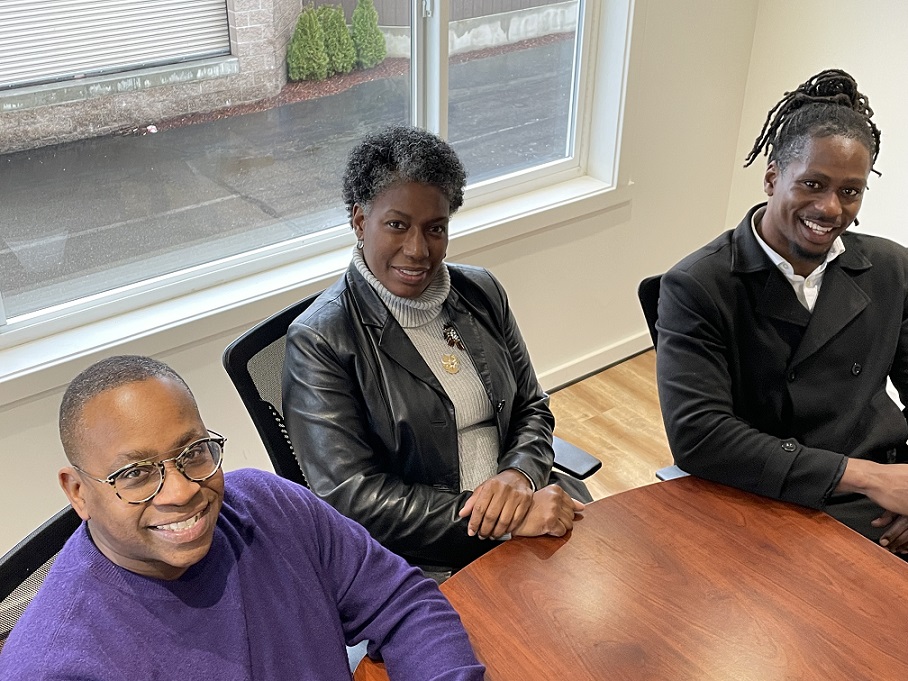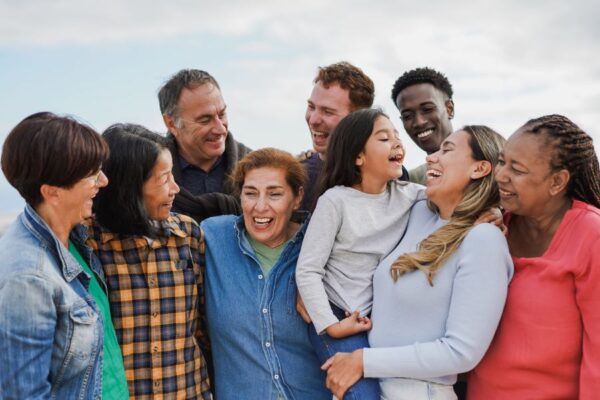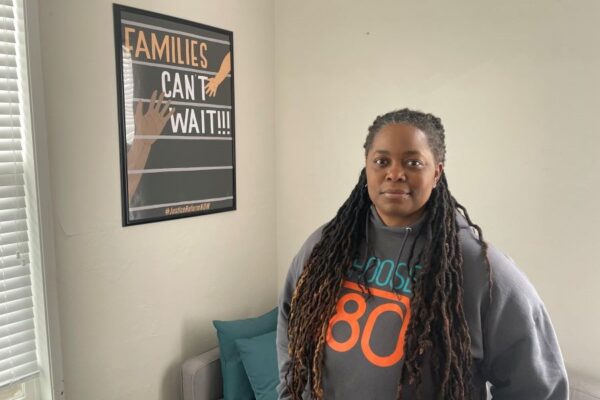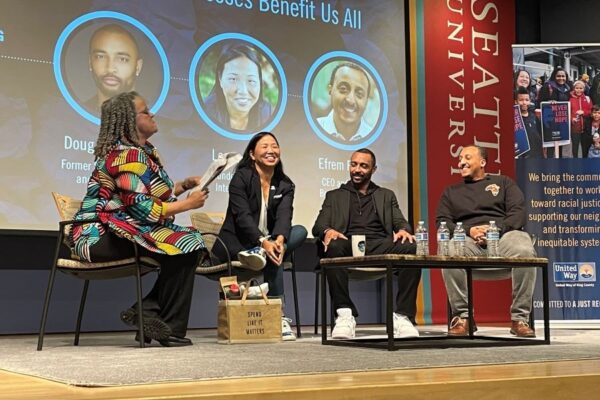Black Community Building Collective: African American Leadership Forum
The Black Community Building Collective is a coalition of Black-led organizations brought together by United Way of King County to build relationships, form strategies that impact the Black community, and to fund those strategies using participatory grantmaking, an approach that cedes decision-making power for funding to communities impacted by funding decisions. The Collective launched in 2020 to invest $1.5 million in local, Black-led organizations. The Collective comprises 15 Black-led nonprofit organizations— who know their communities best— that will determine how funding is directed to support equitable recovery and long-term viability of King County’s Black community. We are currently investing an additional $1.5 million this year, and we anticipate additional funding in later years.
Each month, United Way will profile a Collective member. This month, we feature African American Leadership Forum, a Kent-based organization that recently shifted its focus from education advocacy to job training and placement for BIPOC youth via a program called Youth Engaged in Leadership and Liberation, or YELL. The new program is slated to begin this month. United Way interviewed African American Leadership Forum CEO Dawn Bennett and directors of two organizations she’s enlisted to make YELL possible: Theo Martin of the Northwest Industrial Staffing employment agency and De’Vonte’ Parson of Pro Se Potential, a mentorship and case management organization.
United Way: Which communities does African American Leadership Forum serve?
Dawn: South Seattle and South King County
United Way: What has your education advocacy work entailed?
Dawn: We advocate for students who are in danger of dropping out or being pushed out of the education system. When the Northwest Area Foundation came to Seattle in 2009, we were able to get funding from them to work with young people (ages 16-21). Students who dropped out of school – and parents who had dropped out themselves and no longer trust the education system – needed folks around them that understood the system. We would step in and help. There are a lot of students in this situation, so we just hit the tip of the iceberg. We also did a lot of Individualized Education Program work, showing up at schools and helping parents understand what the schools were supposed to be doing with their youth by following the IEP. By the time they reached middle school and high school, most youth are tired of the Special Education (IEP) and ended up dropping out. Some youth who dropped out of school, or got pushed out, got pushed into the juvenile justice system or prison. Our main goal was interrupting the school-to-prison pipeline. After our Northwest Area Foundation funding ran out, we obtained City of Seattle dollars to work with 18-to-24-year-olds, and now we have the employment piece, which Theo has stepped up to do!
United Way: What prompted you to shift to YELL as your primary program?
Dawn: More dollars came down the pipe that allowed us to do more. When our dollars were limited, we concentrated solely on education advocacy. But there were no full-time jobs to get them to, so we were getting them ready and prepared to put them into systems that were not serving them.
United Way: Describe the YELL process.
Dawn: We at African American Leadership Forum teach young people how to finish school, get jobs and get information for college. We get kids from De’Vonte’, put them through our training and then they go to get jobs from Theo. Our goal is to get the young people ready to be professional, to get a job and keep the job.
United Way: What is the age range of for YELL program youth?
Dawn: It is 16-24.
United Way: How are youth selected for the program?
De’Vonte’: A juvenile prevention counselor, a parent or teacher or someone from the community will refer them to our program. We will go through an application process to make sure we dictate where the youth are and what their youth’s goals are. Then we will bring them through some of our engagement processes and then connect them with Dawn’s program.
Dawn: And my organization will also go to him and ask, “Hey, do you have some young people for us?” And after they come through my program, I will send them over to Theo’s program. And he provides them jobs.
United Way: Then what happens at that stage?
Theo: We place them in permanent placement jobs. My program places people in jobs at Costco, Nordstrom, Tacoma Dome and ShoWare Center. They do everything from light industrial work to forklift driving to manufacturing machinery. These are permanent positions, based on performance, attitude and attendance. If they come in and are willing to work, we will take them. We do not care about your background; our job is to help mentor you to stay positive and move forward, not looking at what you did yesterday and what is holding you back.
United Way: For some of the youth, this might be their first time at full-time employment. How do you ensure that they stay on track?
Theo: We have a group of people who work with the companies and the youth. Sometimes, we will discover that someone only worked 36 hours a week. We will call them and say, “It’s a 40 hour a week job. What happened last week?” They will say, “I have a dental appointment, a doctor’s appointment. Section 8 had to look at my place.” And we say, “You’re supposed to call us and tell us. We told the client you will come there 40 hours a week. We try to work with them.”
Dawn: And with the ones we send over from the YELL program, if Theo places them and things go awry, to keep the job system seamless, which is what our kids need, Theo can refer back to us, and we can train them further on the thing that they have messed up on. And if they need further case management, we can refer them back to where they initially came from, with De’Vonte’. We are trying to make this seamless for our kids.
United Way: Ultimately, what do you hope to accomplish with the YELL program?
Dawn: I would like to continue to disrupt one system and build another system: We want to disrupt the school-to-prison pipeline and build a school-to-jobs pipeline in the BIPOC community.
Black Community Building Collective Member Profile
- Organization name/city: African American Leadership Forum/Kent, WA
- Executive director: Dawn M. Bennett
- Founding year: 2009
- Organization goal: Once an education advocacy organization, African American Leadership Forum works primarily in criminal justice, employment and economic development.
- Issue areas include: Education, criminal justice, economic development
- Point of contact: Dawn Bennett (msdawnbennett@gmail.com)
- Website: https://www.facebook.com/tsaalf/





Comments